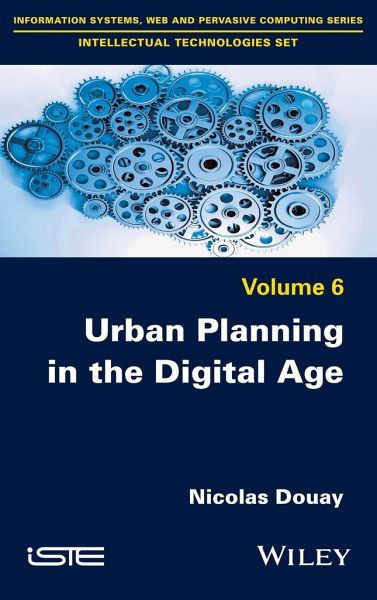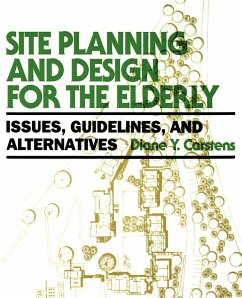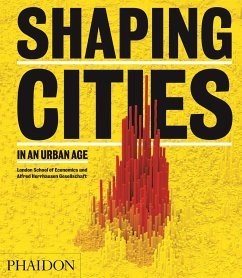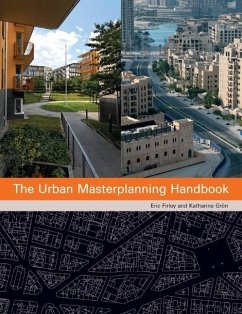
Urban Planning in the Digital Age
Versandkostenfrei!
Versandfertig in über 4 Wochen
159,99 €
inkl. MwSt.
Weitere Ausgaben:

PAYBACK Punkte
80 °P sammeln!
Technological changes have often produced important social changes that translate into spatial and planning practice. Whereas the intelligent city is one of the unavoidable and even dominant concepts, digital uses can influence urban planning in four different directions. These scenarios are represented by a compass composed of a horizontal axis opposing institutional and non-institutional actors, and a second axis with open and closed opposition.













